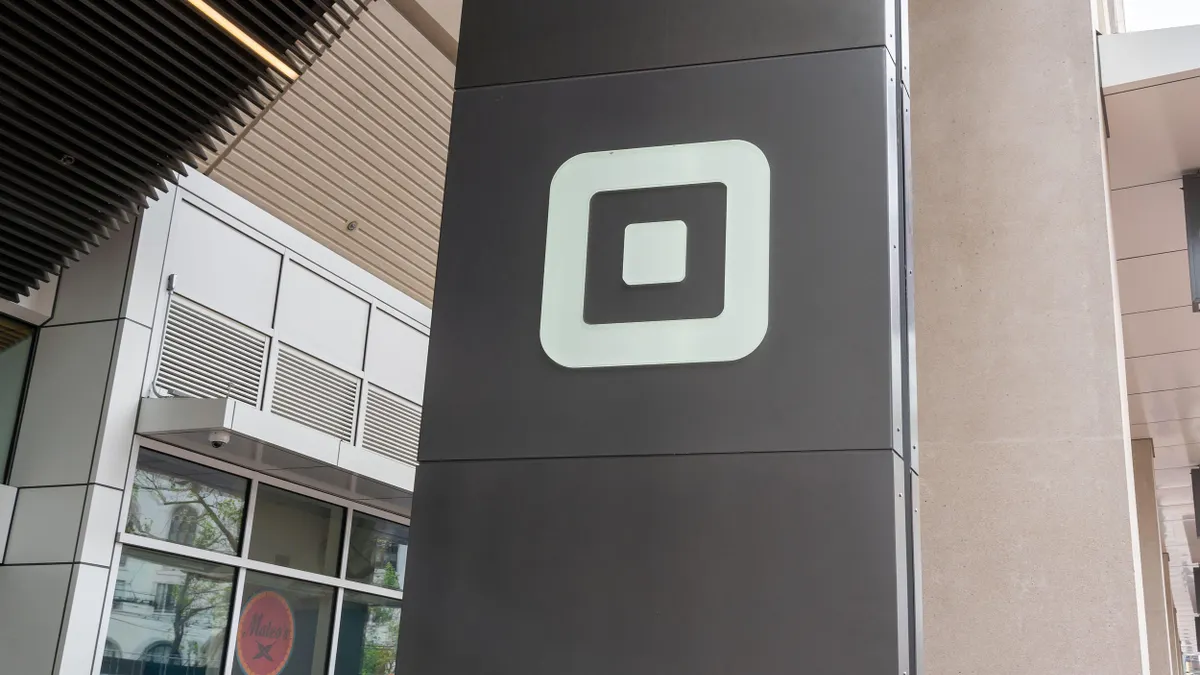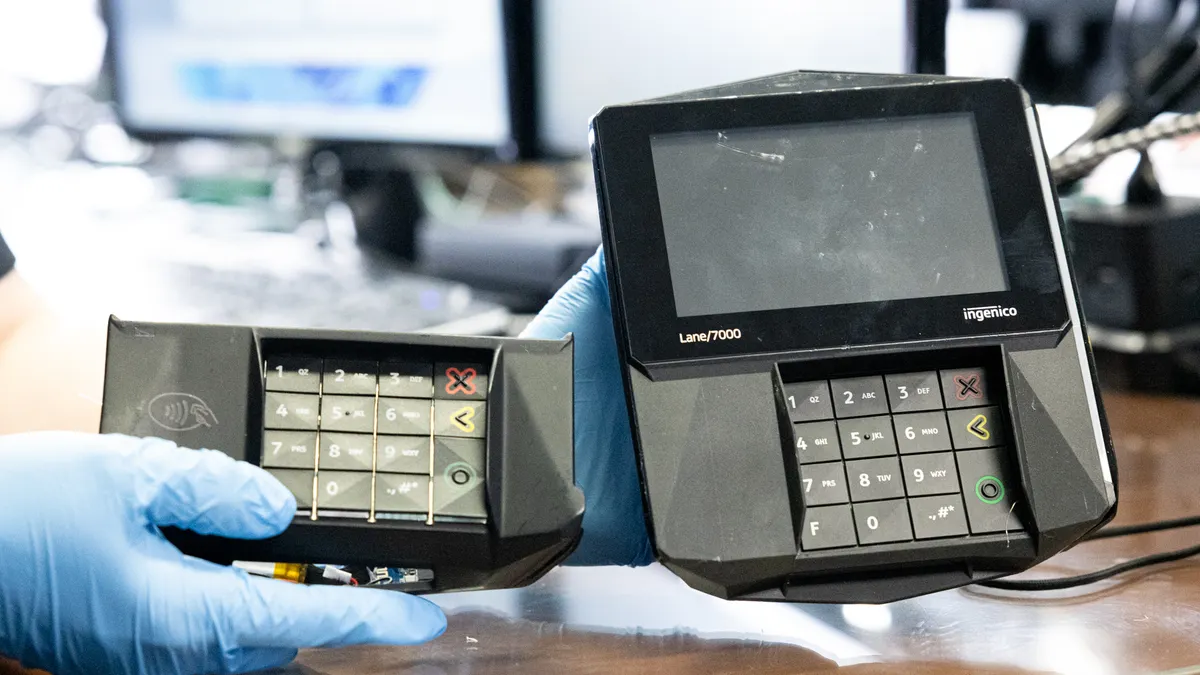Bilt Technologies, which provides credit cards aimed at rent payments, will revamp its offering next year with its new issuing partner Cardless, pivoting away from its ties to Wells Fargo.
Bilt plans to have three cards with Cardless, starting in February, including two new cards with annual fees, as it expands from a single no-fee card, according to a press release earlier this month. The company has sought to build a business offering renters a way to earn loyalty points on their monthly rent payments to landlords.
Spokespeople for the companies declined to discuss how the new cards’ terms or rewards will differ from the Bilt Rewards card Wells Fargo has issued since 2022. The company has promised more details this fall.
The Wells Fargo card, tied to the Mastercard network, touts an ability to earn reward points on rental payments without a transaction fee. Bilt will move card holders from Wells to Cardless in February 2026, according to the July 10 release.
Apartment dwellers typically have not paid their monthly rents with credit or debit cards because of the interchange costs landlords would assume, or pass along to tenants, by accepting card payments. The interchange fee terms under the Bilt-Wells agreement meant the bank relied more on non-rent spending for interchange revenue.
New York-based Bilt and Wells Fargo found that some cardholders were using the card for their rent and for small charges, like a coffee, to meet a requirement of posting at least five transactions per payment period to earn rewards.
Wells Fargo lost as much as $10 million per month on its Bilt card because of such user behaviors, the Wall Street Journal reported in June 2024, citing people familiar with the matter. The bank had predicted that about 65% of spending on the Bilt card would be nonrent, but it turned out that only about 35% of card volumes were for charges not associated with rent, according to the Journal report.
Because of the financial losses, San Francisco-based Wells Fargo decided to quit its Bilt partnership three years before the 2029 end date, the Journal reported July 10, citing people familiar with the matter.
A Wells Fargo spokesperson declined to comment via email. A Bilt spokesperson said the company declined to comment beyond the July 10 press release that detailed the new cards with Cardless and its latest capital raise. San Francisco-based Cardless, a startup that issues cards for companies including Alibaba Group, Qatar Airways and Simon Property Group, also declined to comment.
In effect, Bilt’s card offered point rewards coupled with a 30-day free loan, or float, on rent payments for people who did not carry a card balance, reducing income for Wells, said David Robertson, publisher of the Nilson Report, a research publication on the card and payments industry.
“If you’re not getting enough people who are revolvers to subsidize the portfolio of the people who are just transactors, you’re in trouble, especially on a card that doesn’t have the (annual) fee,” Robertson said Wednesday in an interview, adding “I can’t imagine why (Wells Fargo) made the deal to begin with.”
Bilt will need to “tailor the card more to people who use it more broadly and revolve balances to address the revenue shortfall that Wells experienced,” TD Cowen analyst Moshe Orenbuch wrote in a July 23 email.
“We assume that the new manager of the program will design the products to attract consumers that would be more profitable,” he said.
Bilt must become its customers’ default card and earn top-of-wallet use status if the company and its partners want to generate a successful financial return, Robertson said.
Bilt, which is valued at $10.75 billion based on a $250 million capital raise this month, said in the July 10 press release that its revenue will top $1 billion by the first quarter of 2026. The company says its payment platform includes 25% of U.S. apartment buildings and 40,000 merchants.
Bilt’s “2.0” revamp with Cardless represents the company’s foray into a fleet of three tiered card brands. A no-fee card will remain, joined by two cards with annual fees of $95 and $495, respectively. The company is also expanding from rental to mortgage payments, student housing and condominium HOA fees.
“You have to make the rewards component so compelling that it justifies the $495,” Robertson said. “Maybe the answer to that as a card issuer is in co-partnerships, not cobranding. What kind of deals can you give the cardholder as an incentive for spending that also provide additional value? That might not simply be the bonus points, it might be discounts for you-name-it.”
The Bilt-Cardless cards enter a landscape of consumer credit cards in which American Express, Citibank and JPMorgan Chase have all recently announced fee and benefit changes to their premium rewards cards.
“You have Chase and AmEx … raising their annual fees, but also doubling down again in that very competitive world of trying to find out what’s the most compelling value proposition to generate spending,” Robertson said. One benefit Bilt might realize, he said, is that banks have raised premium card fees to near $800 annually, “so $495 doesn’t look so bad.”
Bilt has 22 travel partners for points redemptions, including 17 airlines and five hotel chains. The points can also be redeemed for gift cards at retailers or to pay for Lyft rides.
Former American Express CEO Ken Chenault joined Bilt as board chairman in January 2024, when General Catalyst, the venture capital firm where he serves as chairman, helped to raise $200 million for Bilt. Roger Goodell, the National Football League commissioner, also joined Bilt’s board last year.
Wells Fargo and Mastercard were among Bilt investors when the company announced a $60 million capital raise in September 2021, along with more than a dozen real estate companies.





















